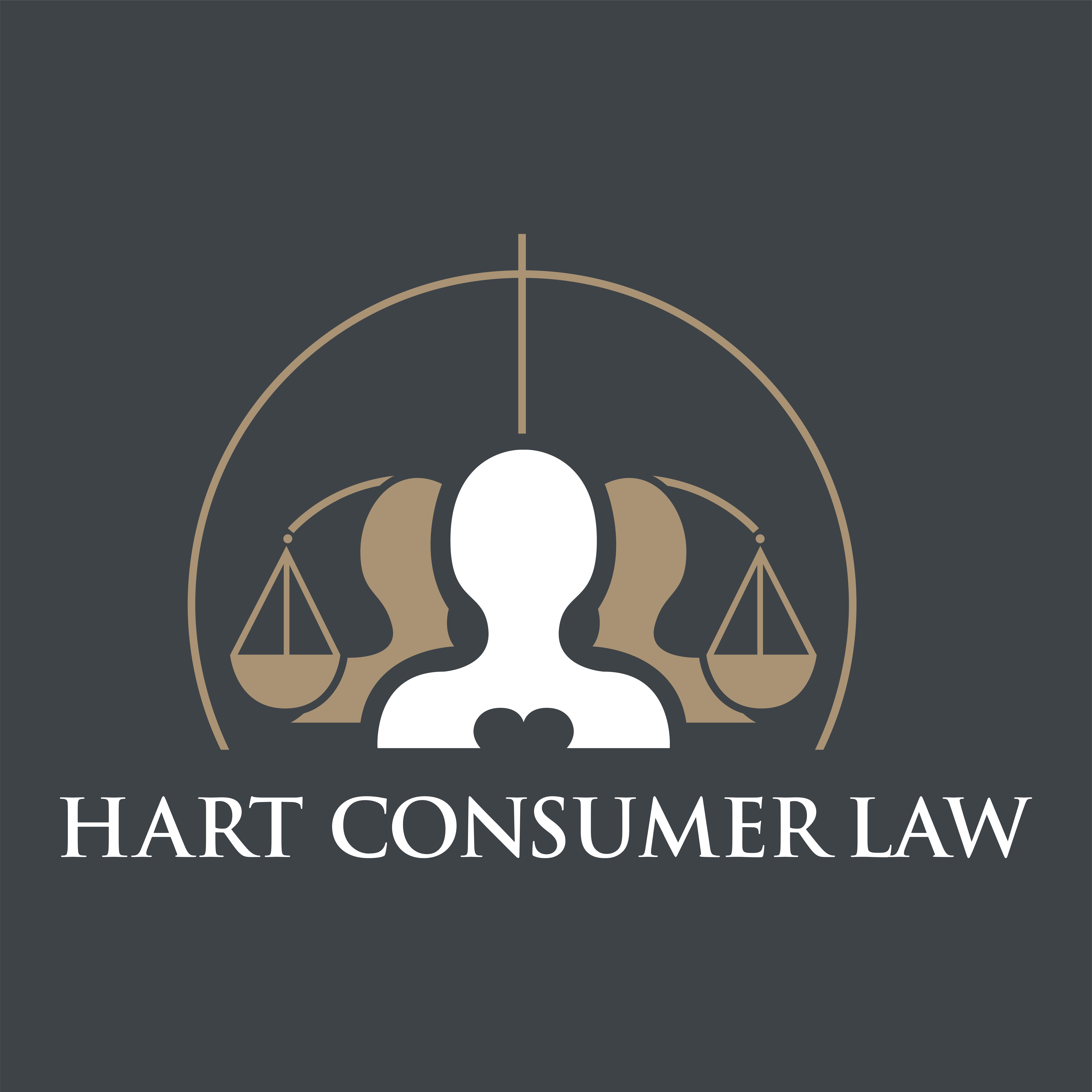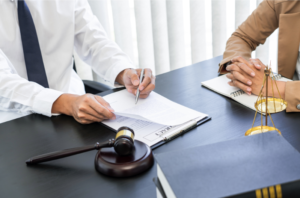
You might not know that, as a consumer, there are two different types of a bankruptcy you can file. Not all bankruptcies are the same, and there are advantages to each type of bankruptcy. How do I know if I should file a Chapter 7 or Chapter 13?
Chapter 7
A Chapter 7 bankruptcy is often referred to as a “liquidation” bankruptcy. You do not make any monthly payments to the court. The bankruptcy trustee will analyze your assets – all of the property of any kind that you own – and determine if there is any property available to distribute to your creditors. You may be able to discharge a variety of debt through a Chapter 7 bankruptcy, including credit cards, medical bills, personal loans, income tax debt assessed more than 3 years ago, and others.
You can make too much money to file a Chapter 7. If you above median income – the average income set by the Census Bureau – and you have disposable income after completing the means test, you are not eligible to file a Chapter 7 bankruptcy.
Whether you have property that may be available to distribute to your creditors is determined by examining the value of the equity in your property, and applying the applicable exemptions to your property.
You may reaffirm secured debt – mortgage, car payment, or other property you are making paying for – through a Chapter 7 bankruptcy. You may also “surrender” your interest in the property, meaning that you will no longer be keeping the property, but may also not be liable on the loan associated with the property.
A Chapter 7 bankruptcy is most useful in situations when an individual has unsecured debt like credit cards, medical bills, or personal loans that are causing financial difficulty.
Chapter 13
A Chapter 13 bankruptcy is often referred to as a “reorganization” and involves monthly payments to the bankruptcy trustee. The Chapter 13 plan states how much you will pay per month and how the money will be distributed. How much you pay is based on a large number of factors, including what type of debt you have (secured or unsecured), if you are paying past-due payments on property like your house or car, if you have tax debt, or how much money you have available after paying your regular necessary expenses.
A Chapter 13 bankruptcy is most useful for individuals trying to catch up on past-due house or car payments. In such a situation, a Chapter 13 bankruptcy will stop a foreclosure or repossession. A Chapter 13 is also useful for individuals or family who make more than median income but have larger balances on credit cards, personal loans or other unsecured debts that may be difficult to pay due to high interest rates or high minimum payments.
As a disclaimer, all cases are based on individual facts and circumstances, and the above is not provided as legal advice to your specific situation. A consultation with my office and retention as counsel is required prior to any legal advice specific to your particular situation being provided.




